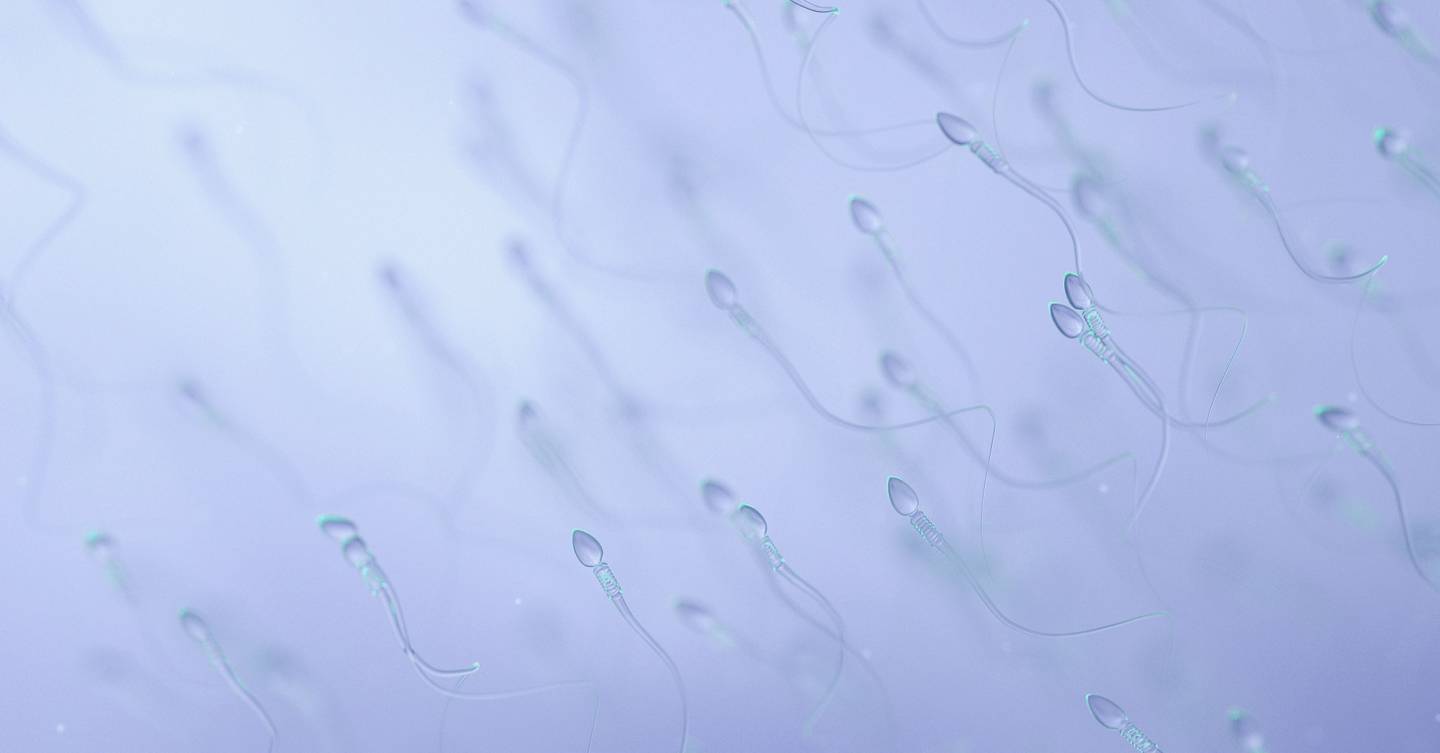Research surrounding the impact of Covid-19 and the long-term damages the virus might have on those who have contracted it are still in early stages but a new study by German scientists has revealed a rather worrying effect.
Analysing the semen quality in groups of men who had recovered from the virus and those who had never contracted it, scientists in Germany found that Covid-19 had led to a significant deterioration in semen quality in men who had caught the virus up to 60 days after the illness.
They found that having had Covid-19 appeared to lead to “lower sperm quality and reduced fertility potential” with sperm in those who had previously had the virus found to be in lower concentrations and less mobile than those who had not had Covid-19.
How did scientists make the analysis that Covid can impact male fertility?
The research team at Justus-Liebig University analysed 84 men with confirmed Covid-19 and 105 age-matched control subjects who had not contracted the virus. They took measurements every 10 days over a 60-day period.
In the men with Covid, markers of inflammation and oxidative stress in sperm cells were more than double compared to the healthy test group. The findings revealed that sperm concentration was reduced by 516 per cent, mobility by 209 per cent and sperm cell shape was altered by 400 per cent.
The researchers said this represents oligoasthenoteratozoospermia (OAT), which is one of the most common causes of subfertility in men.
Mr Stephen Gordon, consultant urologist at The Lifestyle Code Clinic told GLAMOUR, “Sperm motility refers to how sperm move and is a test that has been used for many years to assess if sperm can reach their destination. It is part of the conventional semen analysis or sperm testing that can be performed for men with concerns about their fertility. Other measures include how many sperm are produced (count) and also morphology (shape).
“If these 3 measurements are abnormal then this is referred to by the medical term OligoAsthenoTeratoSpermia (OATS).“
PhD student Behzad Hajizadeh Maleki who headed up the research, said: “These effects on sperm cells are associated with lower sperm quality and reduced fertility potential.
“Although these effects tended to improve over time, they remained significantly and abnormally higher in the Covid-19 patients, and the magnitude of these changes were also related to disease severity.”
Should we be worried by the findings?
Despite the evidence, experts believe more research needs to be done to really understand the effects on fertility.
Mr Stephen Gordon, said, “It is good that there is interest in fertility for men but I wouldn’t read too much into this study from Germany at present.” He added, “Sperm alterations can definitely vary with time but it is way too early to say that Covid causes long term problems with sperm production.”
Cosmetic Doctor and intimate health expert, Dr Shirin Lakhani, of Elite Aesthetics, agrees, “Whilst this will of course be alarming for many people, it’s worth bearing in mind a number of factors. Firstly, only a relatively small sample of men with Covid were tested (84) and also the study did show that the damage to sperm quality reduced over time.”
Dr Shirin Lakhani added, “In general sperm quality changes throughout a man’s life for a number of factors, for example when they’re stressed, consuming an unhealthy diet, too much alcohol, recreational drugs, or during bouts of illness.
“However with the right adjustments to diet, lifestyle and indeed in this case as health improves, it’s likely that sperm will return to normal in time. So whilst this may be worrying in the short-term for men who have had Covid-19, I don’t feel that at this stage it needs to cause alarm because any long-term effects on sperm have still not been investigated.”
Can Covid-19 be contracted in semen?
With the possible impact on fertility, it’s natural to be worried about the risks of contracting coronavirus via semen. Dr Shirin Lakhani said: “There’s very little evidence of the virus being passed on via that bodily fluid however the theory can’t be completely discarded because of the fact that research on this area is very limited at this stage.”
She added, “Most importantly though Covid is transmitted through close contact.”
How will the Covid-19 vaccine impact male fertility?
With the UK’s vaccine programme in full swing, does it have any effect on male fertility? Mr Stephen Gordon told us, “There is no evidence on how the vaccine may impact male fertility but in the way the vaccines have been designed there is no reason to believe the vaccine will be detrimental to male fertility especially when compared to being infected by Coronavirus. As the vaccine reduces the chance of becoming unwell and having fevers due to Coronavirus then indirectly it may reduce the chance of a future problems with fertility but not for those who have already had Covid.”

